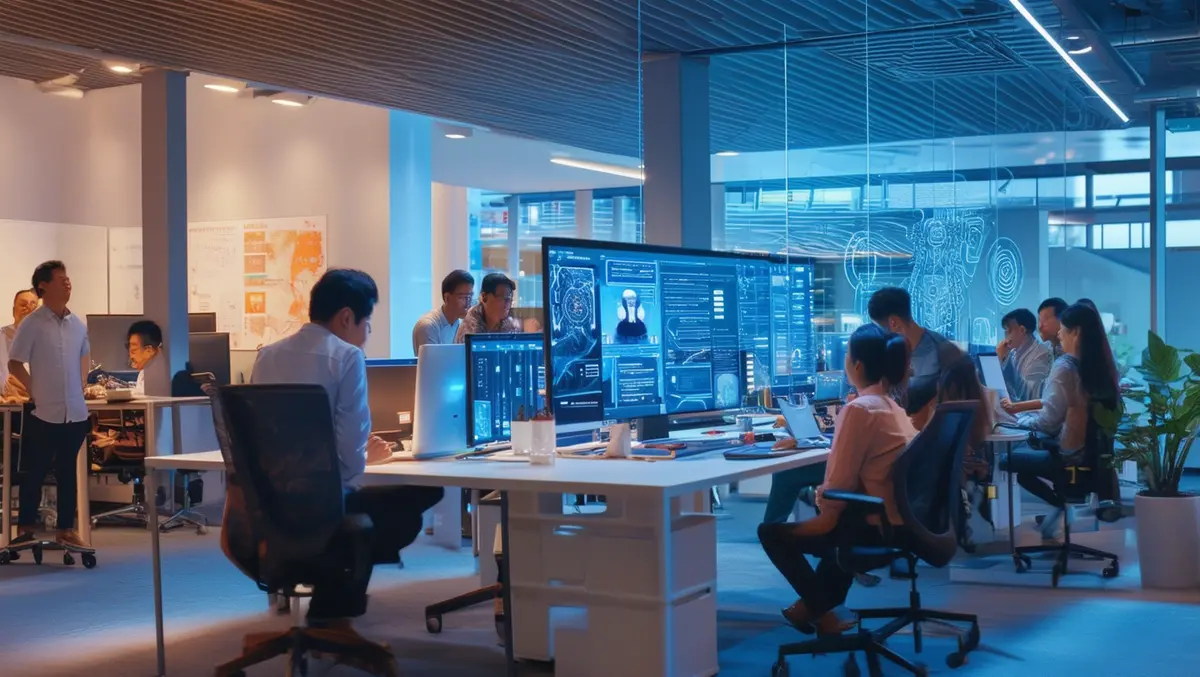
Singapore employees experience challenges & AI advances
Qualtrics' latest report on employee experience trends for 2025 has highlighted significant insights into how businesses in Singapore can enhance workplace environments to improve employee well-being and productivity.
The 2025 Employee Experience Trends report, involving over 1,000 respondents from Singapore as part of a global study of 35,000 participants across 23 countries, identifies critical areas where organisations need improvement to meet employee expectations effectively.
According to the report, one of the primary challenges faced by organisations is the chaotic nature of the workplace brought on by frequent changes in working models and systems. Employees are most engaged when their workplace cultures enable them to adapt and focus on making a positive impact on the world. However, these elements have seen decreasing scores, suggesting a gap between company practices and employee expectations.
Dr Cecelia Herbert, Workplace Behavioural Scientist at Qualtrics, commented on this development: "Over the past few years employees in Singapore and across the globe have been dealing with relentless change. It's no surprise many have reached their breaking point," she said. "For a number of years now, the best employee experiences are those that support people through change and enable them to do great work - and these two aspects are the most impactful pathway to sustainable productivity."
Another noteworthy finding from the report is the optimism and drive displayed by younger employees, contrary to prevalent stereotypes. Despite being the most engaged and motivated, younger workers show a lower intention to remain long-term with their employers compared to their older counterparts.
"It's time to end the scapegoating of young employees for workplace woes. These mindsets are crushing the optimism and fresh thinking younger workers bring to the workplace, creating a scenario that benefits no-one," stated Dr Herbert. "Leaders should focus on ways to nurture their growth and creativity, develop their skills, and ultimately capture the enthusiasm to set the workforce up for success for generations to come."
The report also sheds light on substandard entry and exit experiences for employees, which are purportedly impacting engagement, well-being, and retention rates. The data indicates that initial and concluding interactions in an employee's journey can influence their long-term perceptions of the organisation.
Dr Herbert emphasised the importance of these touchpoints: "Every organisation's brand and reputation is heavily influenced by the stories people tell about applying for a job and what it was like working there. Getting these first and final impressions right are key strategic levers."
Moreover, the study uncovers a trust deficit between employees and senior leaders, with Singapore employees rating their trust six percentage points lower than the global average. This highlights a need for leadership to prioritise employee well-being over immediate business gains to restore trust.
"The relationship between employees and their leaders is getting more and more tense," Dr Herbert explained. "Our study shows its impact is huge on both business and individual outcomes, which is why leaders need to know how to cultivate it in 2025."
The report further reveals that Singapore is at the forefront of AI enablement, with a higher percentage of employees receiving AI training and using AI tools than the global average. This indicates Singapore's strategic advantage in AI adoption and future potential.
Dr Herbert concluded, "Singapore is ahead of the global curve when it comes to AI adoption and enablement, giving the country a significant advantage as it works to cement its position as a world leader in AI."


